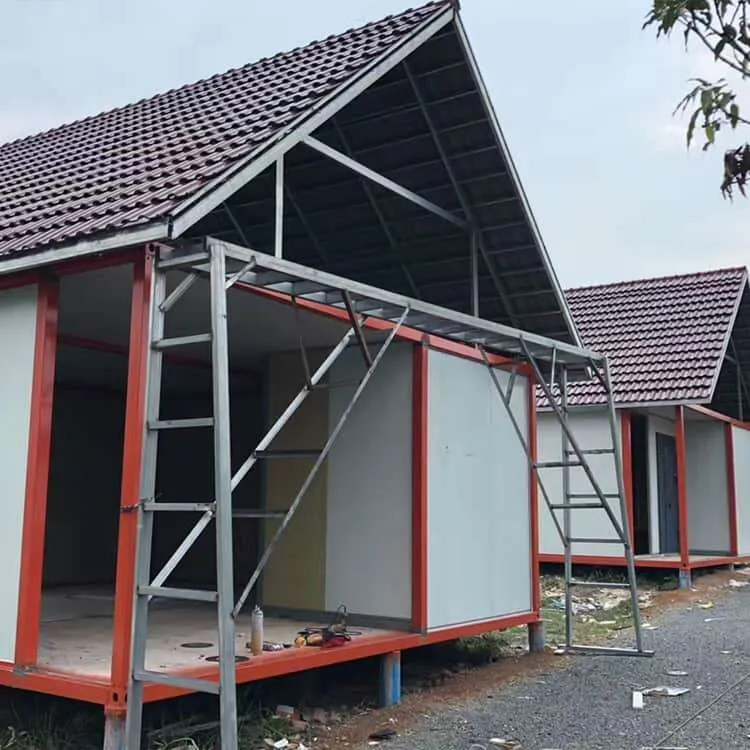At the same time, the standardization of containers also provides a basis for the selection, design and manufacture of container carriers and loading and unloading machinery, so that container transportation becomes an interconnected, professional and efficient transportation system.
Container Shipping Conditions
1. Containers and container cargo Containers are transport equipment with certain technical standard requirements and should conform to the definition of containers. Containers are divided into international standard, domestic standard and non-standard containers. The shipping container may be a container consigned by the shipper or a container provided by the carrier. Containerized goods refer to goods that can be loaded into containers and transported by automobiles. Containerized cargo is divided into FCL cargo and LCL cargo.
2. Transportation category According to the nature of the goods loaded in the container, container car transportation is divided into ordinary box and special box car transportation; special boxes include dangerous goods boxes, refrigerated and insulated boxes, tank boxes, etc. According to the container type and the trade and transportation contract, container truck transportation is divided into international box and domestic box truck transportation.
3. Transport vehicles The container transport vehicles provided by the carrier should be in good technical condition, with a turn-lock device, compatible with the requirements of the containers carried, and can meet the requirements of the total mass of the containers carried. Container transport vehicles usually adopt a single vehicle type or a combination type of a tractor and a semi-trailer.
![]()
